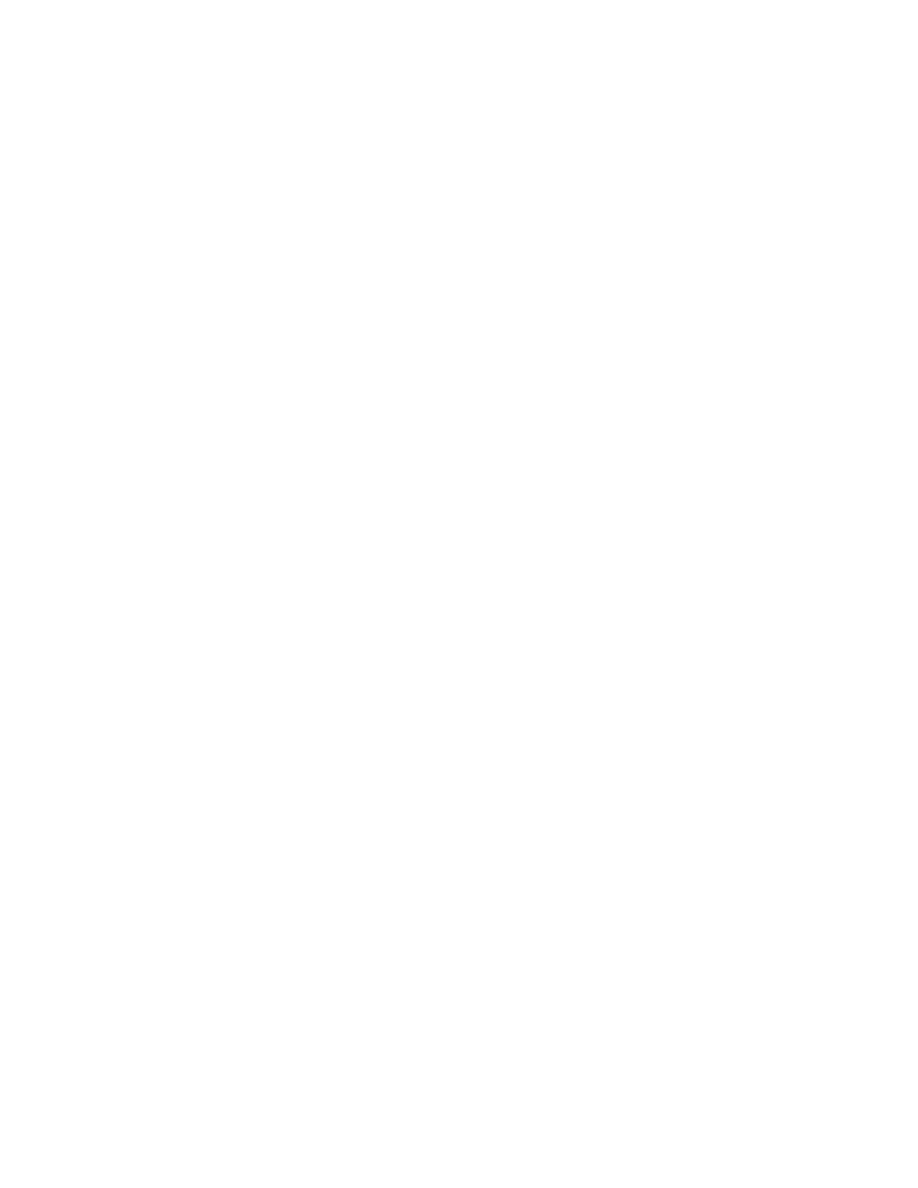
706
14 CFR Ch. I (1–1–14 Edition)
§ 91.109
(A) The child is accompanied by a
parent, guardian, or attendant des-
ignated by the child’s parent or guard-
ian to attend to the safety of the child
during the flight;
(B) Except as provided in paragraph
(a)(3)(iii)(B)(
4) of this action, the ap-
proved child restraint system bears one
or more labels as follows:
(
1) Seats manufactured to U.S. stand-
ards between January 1, 1981, and Feb-
ruary 25, 1985, must bear the label:
‘‘This child restraint system conforms
to all applicable Federal motor vehicle
safety standards’’;
(
2) Seats manufactured to U.S. stand-
ards on or after February 26, 1985, must
bear two labels:
(
i) ‘‘This child restraint system con-
forms to all applicable Federal motor
vehicle safety standards’’; and
(
ii) ‘‘THIS RESTRAINT IS CER-
TIFIED FOR USE IN MOTOR VEHI-
CLES AND AIRCRAFT’’ in red let-
tering;
(
3) Seats that do not qualify under
paragraphs (a)(3)(iii)(B)(
1) and
(a)(3)(iii)(B)(
2) of this section must
bear a label or markings showing:
(
i) That the seat was approved by a
foreign government;
(
ii) That the seat was manufactured
under the standards of the United Na-
tions; or
(
iii) That the seat or child restraint
device furnished by the operator was
approved by the FAA through Type
Certificate or Supplemental Type Cer-
tificate.
(
iv) That the seat or child restraint
device furnished by the operator, or
one of the persons described in para-
graph (a)(3)(iii)(A) of this section, was
approved by the FAA in accordance
with § 21.8 or Technical Standard Order
C–100b, or a later version.
(
4) Except as provided in
§ 91.107(a)(3)(iii)(B)(
3)(iii) and
§ 91.107(a)(3)(iii)(B)(
3)(iv), booster-type
child restraint systems (as defined in
Federal Motor Vehicle Safety Standard
No. 213 (49 CFR 571.213)), vest- and har-
ness-type child restraint systems, and
lap held child restraints are not ap-
proved for use in aircraft; and
(C) The operator complies with the
following requirements:
(
1) The restraint system must be
properly secured to an approved for-
ward-facing seat or berth;
(
2) The child must be properly se-
cured in the restraint system and must
not exceed the specified weight limit
for the restraint system; and
(
3) The restraint system must bear
the appropriate label(s).
(b) Unless otherwise stated, this sec-
tion does not apply to operations con-
ducted under part 121, 125, or 135 of this
chapter. Paragraph (a)(3) of this sec-
tion does not apply to persons subject
to § 91.105.
[Doc. No. 26142, 57 FR 42671, Sept. 15, 1992, as
amended by Amdt. 91–250, 61 FR 28421, June
4, 1996; Amdt. 91–289, 70 FR 50906, Aug. 26,
2005; Amdt. 91–292, 71 FR 40009, July 14, 2006;
Amdt. 91–317, 75 FR 48857, Aug. 12, 2010]
§ 91.109
Flight instruction; Simulated
instrument flight and certain flight
tests.
(a) No person may operate a civil air-
craft (except a manned free balloon)
that is being used for flight instruction
unless that aircraft has fully func-
tioning dual controls. However, instru-
ment flight instruction may be given
in an airplane that is equipped with a
single, functioning throwover control
wheel that controls the elevator and
ailerons, in place of fixed, dual con-
trols, when—
(1) The instructor has determined
that the flight can be conducted safely;
and
(2) The person manipulating the con-
trols has at least a private pilot certifi-
cate with appropriate category and
class ratings.
(b) An airplane equipped with a sin-
gle, functioning throwover control
wheel that controls the elevator and
ailerons, in place of fixed, dual controls
may be used for flight instruction to
conduct a flight review required by
§ 61.56 of this chapter, or to obtain re-
cent flight experience or an instrument
proficiency check required by § 61.57
when—
(1) The airplane is equipped with op-
erable rudder pedals at both pilot sta-
tions;
(2) The pilot manipulating the con-
trols is qualified to serve and serves as
pilot in command during the entire
flight;
VerDate Mar<15>2010
20:48 Jan 30, 2014
Jkt 232047
PO 00000
Frm 00716
Fmt 8010
Sfmt 8010
Q:\14\14V2.TXT
ofr150
PsN: PC150